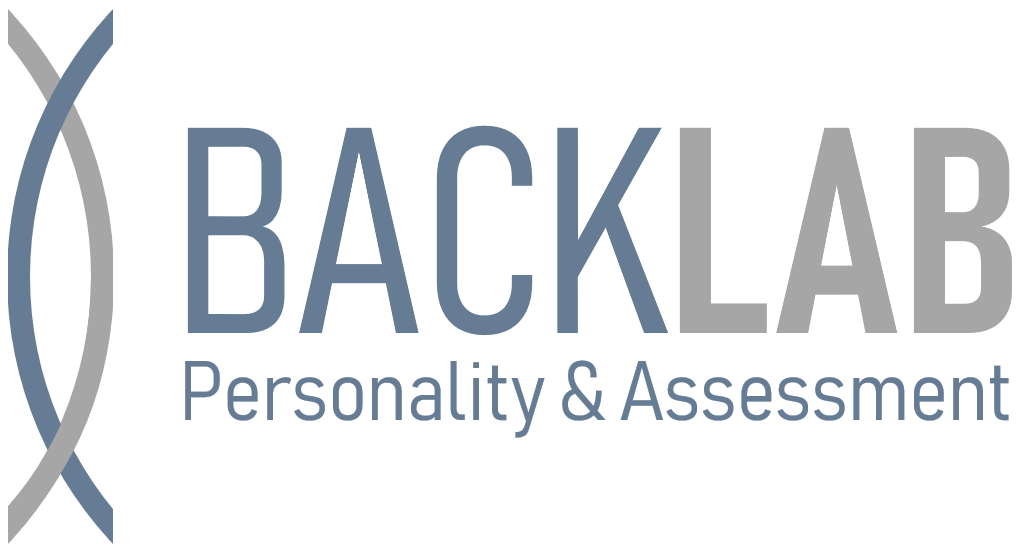Personality Dynamics
From a dynamic perspective on personality that moves beyond a static trait perspective, personality differences regard both individual differences in the typical level of behaviors and experiences (e.g., how extraverted individual’s typically behave; how satisfied they typically are with themselves) and individual differences in the variability of behaviors and experiences across situations (e.g., how much individuals differ in their extraverted behavior and their self-satisfaction). We are interested in further refining conceptualizations of individual differences in state dynamics and analyzing the determinants and consequences of these dynamic personality aspects in representative laboratory and field contexts. We have proposed a conceptual and statistical model that differentiates not only between individual differences in the level of states, systematic developments of states over time, and state variability but also between within- and cross-context state variability. Empirical applications with affective, cognitive and behavioral states during laboratory- and field-based social interactions indicate that within- and cross-context variabilities have markedly different trait predictors and intra- as well as interpersonal consequences. Based on this, we want to better understand the concrete dynamics underlying these variabilities. Specifically, we are interested in more firmly integrating insights from density distribution and variability research with principles of interactionism and trait activation research (e.g., if-then contingencies; stability and strength of situation profiles; situational strength; trait relevance). As a case in point, we aim at disentangling individual differences in specific if-then contingencies that underlie differences in cross-context state variabilities.

